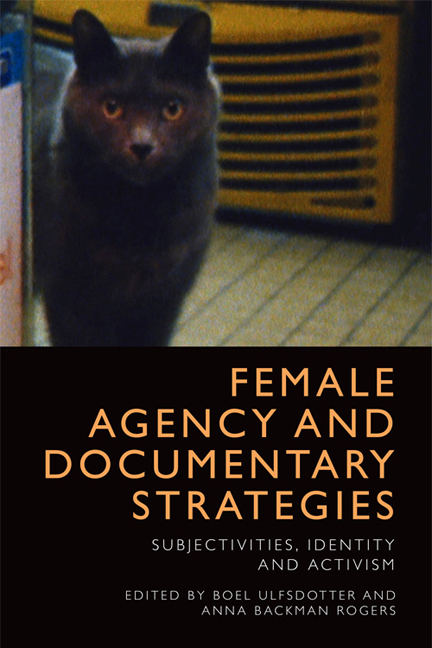11 - Profession: Documentarist: Underground Documentary Making in Iran
Published online by Cambridge University Press: 28 April 2021
Summary
Profession: Documentarist (Herfeh: Mostanadsaz, 2014) is an illustrative example of the feminisation of Iranian civil society in recent decades. Azadeh Kian documents how women filmmakers, as well as writers and publishers, emerged in significant numbers among the urban, educated, middle classes from the 1990s onward. In the last twenty years fertility rates have dropped in Iran, from an average of seven births per woman to two, a figure comparable with most industrialised countries. By 2008, the number of female university students outnumbered male students by 60 per cent. The filmmakers of Profession: Documentarist are representative of this new social group of highly educated women who have benefited from a more active participation in society. Although all of the contributors are women filming in Iran, the documentary does not provide viewers with a privileged view of the specific challenges that women directors endure there. Even if these directors have been concerned with gender issues in the past, it would be inaccurate to claim that Profession: Documentarist deliberately supports a feminist agenda. The film is for the most part a testimony to the hardship of underground documentary filmmaking in post-revolutionary Iran. Directed by seven filmmakers, it is a diary-style documentary that reflects the challenges of pursuing the vocation of the documentarist in Iran from an autobiographical perspective. It explores the professional barriers involved, and captures the turbulent mood in Iranian society under the presidency of Mahmoud Ahmadinejad (2005–13). Along with the accustomed financial limitations that most filmmakers endure, the directors face the difficulties of working in the aftermath of the Islamic Revolution and the defeat of the reformist Green Movement, namely: harsh censorship laws and the menace of political retaliations. Profession: Documentarist thus honours the resilience of Iranian filmmakers, creators unable to get a filming permit after the general election of 2009, who overcome their professional frustration by working together.
With a title that alludes to Michelangelo Antonioni's Professione: reporter (1975), the film was co-directed by documentary filmmakers born between 1963 and 1984. Unlike other national cinemas, there are very few examples of collective authorship in Iranian documentary filmmaking. In this regard, Profession: Documentarist is unusual. The group effort can only be explained by the political and economical circumstances, in this case aggravated by US and EU sanctions on Iran at the time the film was made.
- Type
- Chapter
- Information
- Female Agency and Documentary StrategiesSubjectivities, Identity and Activism, pp. 170 - 183Publisher: Edinburgh University PressPrint publication year: 2018



